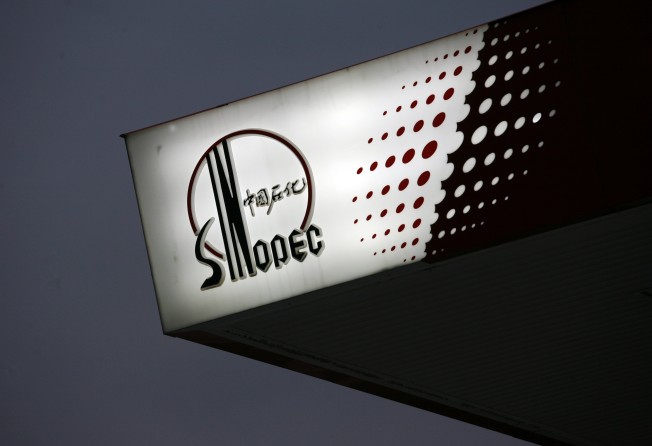Reforms for state firms likely to be more talk than real action
A closer read of the statement from Sasac vice-chairman fails to reveal true reforms for the dinosaurs that are seen a symbol of all that is wrong

"We should diligently prepare a plan on state-owned enterprise reforms so that it can be announced as soon as possible after the third plenary session of the Party Central Committee."
Huang Shuhe
Vice-chairman,
State-owned Assets Supervision and Administration Commission (Sasac)
October 20
Huang's statement has raised hopes of a significant clipping of the wings of state monopolies as part of President Xi Jinping's master plan to revitalise the economy that is expected in the coming days.
All kind of speculation followed, including the possibility of breaking up some of the large state-owned enterprises, the government divesting its stake in certain sectors and SOEs being made to pay dividends.
Unfortunately, on a closer read of the statement, it becomes evident that all these are nothing but wishful thinking.
First, Huang was speaking at a meeting with the Sasac representatives in various provinces and cities. His emphasis was on local SOEs, not the central giants.
Second, when the commission reported Huang's speech on its website on October 21, the headline was about strengthening rules and regulations in state asset management, not SOE reforms.
Third, in detailing the supposed reforms, Huang talked about the "full" listing of state assets, shedding of historical baggage and diversification of shareholding of state assets to allow private investment.
All these are hardly new and have always been the commission's answer to the criticism of SOEs - the dinosaurs from the state-led days seen as a symbol of all that is wrong with the country and a major stumbling block to fundamental economic reforms.
The Sasac has always maintained that listing the SOEs would be a good way to increase their efficiency. The truth is that with minority shareholders on board, SOEs would get greater leverage to argue against any change in regulations ending their monopoly.
Similarly, offloading historical baggages such as unprofitable businesses and related staff would give the SOEs a good reason to ask for new policy support or major cash injection from the state.
Bringing in strategic or private investors into SOEs would also sound like opening up, but to the management and officials concerned, it would only give them an opportunity to juice state assets and line their own pockets.
Many profitable factories and mines have been scooped up by supposedly non-state actors in the name of private investment at fire-sale prices ever since former president Jiang Zemin adopted the policy of "diversification of shareholding" in 2002.
Huang also talked about the exit of SOEs from industries that are loss-making. He even talked about restructuring and streamlining them but added "it could be done among SOEs". In short, none of these is about moving the SOEs' cheese.
Like the red-and-yellow banner on the commission's website that screams: "Encourage, support and guide the development of non-state ownership with firm determination", the so-called reforms listed by Huang are nothing but a slogan. For what really matters is what the first part of that banner says: "Consolidate and develop the state ownership!"
In fact, of the five must-dos listed by Huang in his speech, four are about strengthening the Sasac's control in the provincial and even county levels as well as the expansion of SOEs' economic influence.
The Sasac's arrogance is not surprising.
In 2003, it was pitched to the public as a supervisory body for SOEs. With the full blessing of Jiang, the commission has turned into a campaigner for SOEs and their most powerful backer.
It has run documentaries on television on the contribution that state firms make. It has held press conferences to argue against asking SOEs to pay dividend to the national pension fund, and its officials lose no opportunity to remind people that SOEs' chunky profits are "for the people".
The Sasac has always maintained these positions very publicly until recently, when the anti-corruption campaign bringing down the chairmen and directors of some central SOEs made it change its focus to fighting graft and cutting costs at SOEs.
The commission, in short, is the face of state firms. The imprisonment of some top SOE figures may have induced widespread fear among officials. After all, how many SOE managers can really call themselves clean?
But that in itself is hardly sufficient to force their backers change the rules of the game and give up the privileges and wealth they have come to enjoy.
After all, the managers are just disposable fall guys. Jailing them makes no fundamental changes to the power base of the SOEs.
So be prepared for a lengthy report on the virtues of private enterprise, but expect little action.